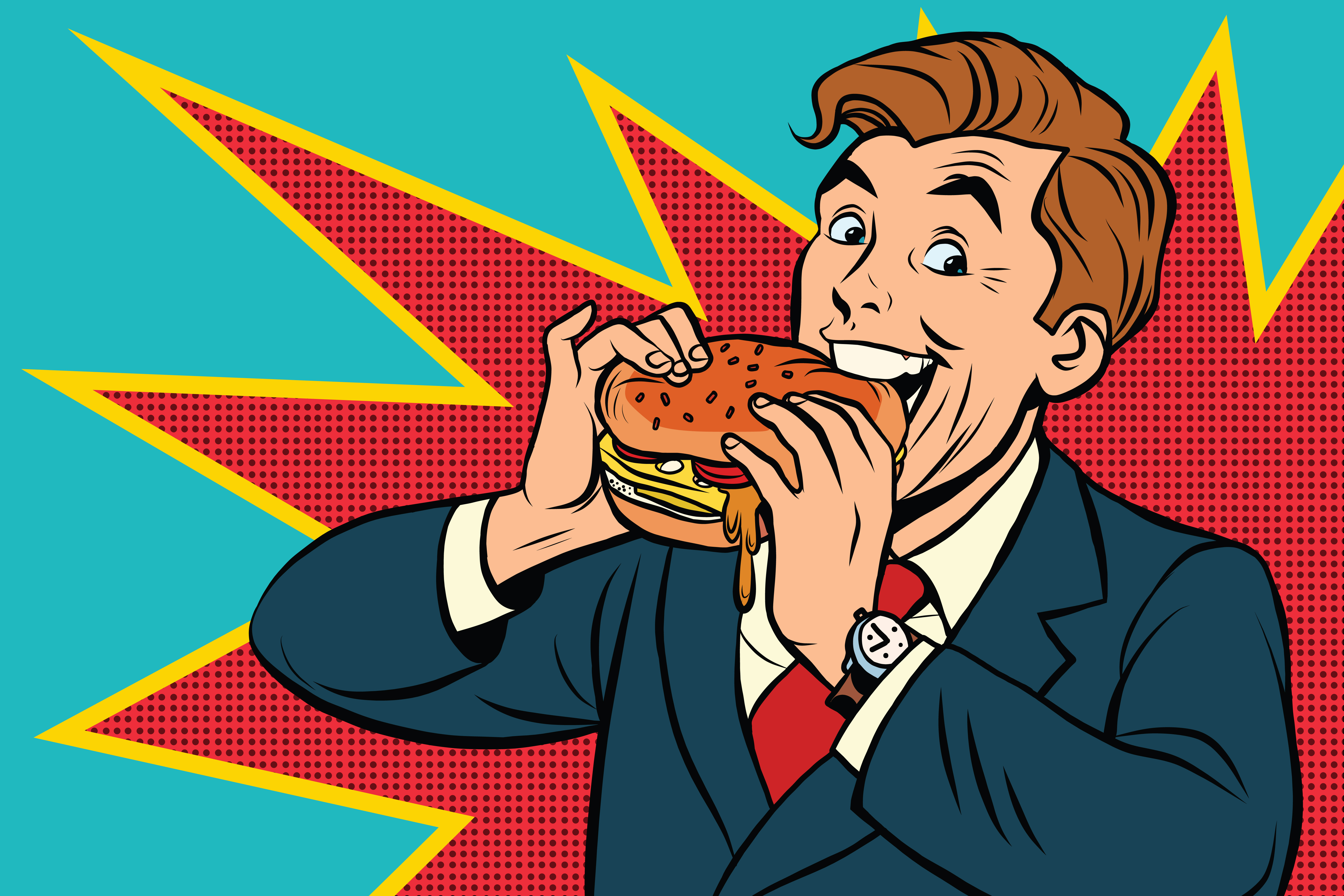Share article
We all understand the importance of diet and exercise for our physical health. Not only do we have to put our bodies in motion on a regular basis, we also need to be careful about the quality and quantity of calories we put into our bodies. As tempting and convenient as junk food may be at times, it does not make for a healthy body.
In order to perform at your peak level professionally, the same ideas come into play. We have to spend time performing the right activities and be careful of the “mental calories” we consume on a regular basis. As you will see, the quality and quantity of “mental calories” can be just detrimental to your professional health as a supersized serving of fully loaded nachos can be to your physical health.
So, just what are the types of “mental calories” you need to consider?
Empty Calories – These are the things that can be big time wasters and you just need to avoid or stop if you get started.
Sources: gossiping, complaining, blaming others, worrying about things you can’t control, and exposing yourself to negative attitudes.
High Glycemic Calories – Just like food that has a high glycemic index, the mental equivalent makes you tired, they’re exhausting.
Sources: mediocre performance, resisting change, under preparing, and ineffective communication.
Nutritionally Dense – A few of these go a long ways and make you strong.
Sources: a genuine compliment given/received, an innovative idea, sharing a “difference making” idea.
Good Carbs – These are the mental fuel that keep you going throughout the day.
Sources: identified priorities, effective time management, setting short term goals, accountability, and staying focused on the right activities.
Proteins – The calories that keep you lean.
Sources: knowing your ideal client, discipline to walk away from the wrong opportunities, and avoiding distractions.
Fiber – These keep you “cleaned out”.
Sources: never accepting/giving “we’ve always done it that way” as a legitimate excuse, regularly re-evaluating what is still working and what has outlived its usefulness, handing off those smallest accounts that are slowing you down, and letting go of habits that put you at a disadvantage.
Calcium – Creates a solid frame.
Sources: practicing and role playing, reading and learning, and researching to know what needs to be included in your library of solutions.
Shared calories – Not so much about the type of calories as much as the company with whom they are consumed.
Sources: spending time developing strong relationships.
Sweets or a Little Alcohol – Should be reserved for special occasions.
Sources: celebrating your victories, but know what is really worth celebrating. If you celebrate everything, the celebration just isn’t special anymore.
Just like regular calories, the mental calories you consume will determine your professional health, longevity, and ability to perform at a high level. Be careful what you allow into your mental diet and you will remain professionally strong.
Content provided by Q4intelligence
Photo by rogistok
